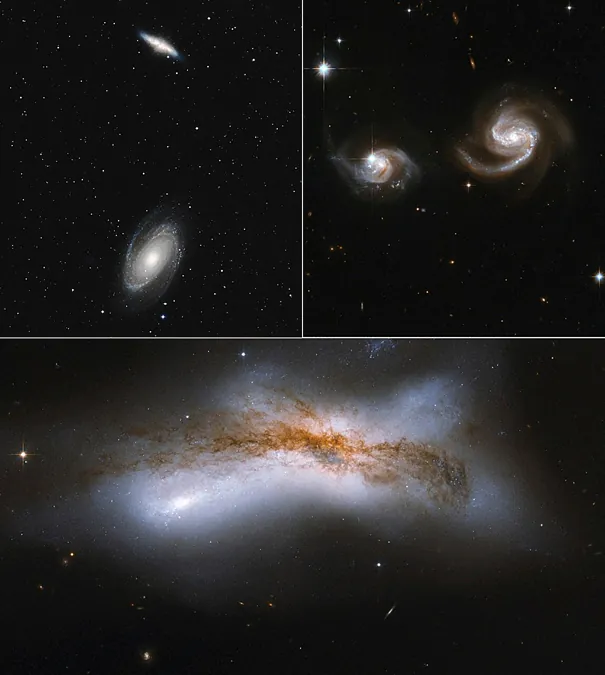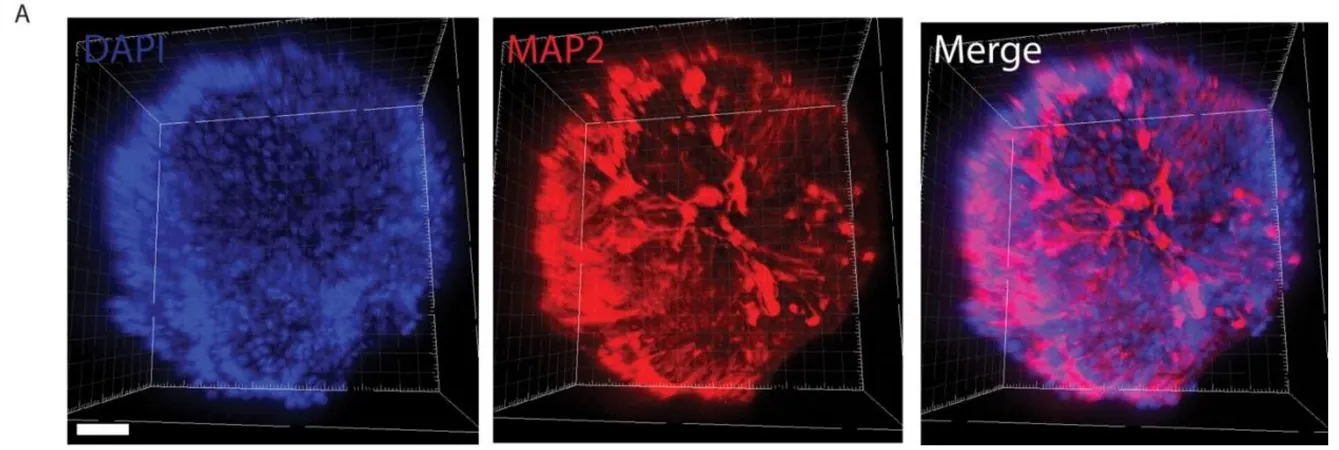
Is Our Galaxy's Collision with Andromeda a Gamble? New Study Reveals 50-50 Odds!
2025-06-07
Author: Mei
In a surprising twist, the anticipated catastrophic collision between our Milky Way and the Andromeda galaxy may not be as certain as previously thought. Recent findings reveal that the likelihood of these two spiral giants colliding within the next 10 billion years is now pegged at a 50-50 chance—essentially a cosmic coin toss!
This news comes hot on the heels of a study published in Nature Astronomy, conducted by a research team from Finland. They assert that earlier doomsday predictions about the Milky Way's fate may have been greatly exaggerated.
But What Does This Mean for Humanity?
While this might sound like a win for our galaxy, it has little bearing on the immediate future of humanity. According to lead author Till Sawala from the University of Helsinki, we likely won’t be around to witness any galactic drama, as our sun is already 4.5 billion years old and is set to become a red giant, potentially engulfing Mercury, Venus, and possibly even Earth, long before the galaxies might collide.
What Changed the Odds?
Using advanced observations from NASA's Hubble Space Telescope and the European Space Agency's Gaia satellite, the team ran complex simulations of both galaxies. The results showed a decrease in collision probability largely due to gravitational effects from neighboring celestial bodies. Interestingly, the Triangulum galaxy's influence increased merger chances, while the Large Magellanic Cloud appeared to decrease them, leading to the current 50-50 outcome.
A Cosmic Transformation Awaits!
If a collision were to eventually occur, it would dramatically reshape our galactic landscape. Our picturesque Milky Way, as seen from Earth, could morph into a dense elliptically shaped conglomeration aptly named 'Milkomeda.' On the flip side, a close encounter without an actual collision could keep the Milky Way intact, preserving its iconic identity.
Looking Towards the Stars—And Beyond!
Despite these promising revelations, the researchers caution that further studies are essential for a clearer prediction of our galactic future. This ongoing research will not only provide insights into our own galaxy but could also enhance our understanding of the dynamics of galaxies deeper in the universe.
While the fate of the Milky Way hangs in the balance, Sawala acknowledges a rather grim possibility: "Humanity might very well bring about its own end far sooner than any cosmic event could, without needing any help from the universe!"

 Brasil (PT)
Brasil (PT)
 Canada (EN)
Canada (EN)
 Chile (ES)
Chile (ES)
 Česko (CS)
Česko (CS)
 대한민국 (KO)
대한민국 (KO)
 España (ES)
España (ES)
 France (FR)
France (FR)
 Hong Kong (EN)
Hong Kong (EN)
 Italia (IT)
Italia (IT)
 日本 (JA)
日本 (JA)
 Magyarország (HU)
Magyarország (HU)
 Norge (NO)
Norge (NO)
 Polska (PL)
Polska (PL)
 Schweiz (DE)
Schweiz (DE)
 Singapore (EN)
Singapore (EN)
 Sverige (SV)
Sverige (SV)
 Suomi (FI)
Suomi (FI)
 Türkiye (TR)
Türkiye (TR)
 الإمارات العربية المتحدة (AR)
الإمارات العربية المتحدة (AR)